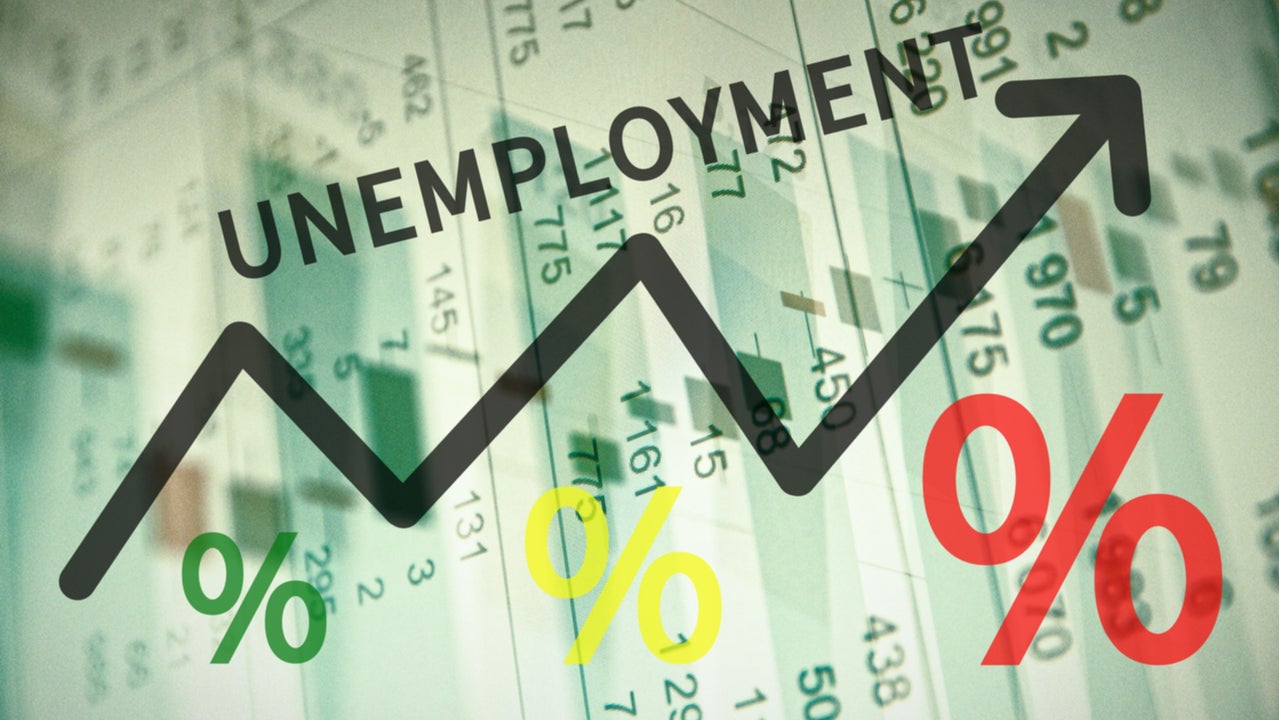
Experts believe that a proper Covid-19 recovery must start with bigger thinking among leaders.
House prices have risen in many Australian cities due to Covid, and the home ownership rate has dipped to its lowest in 60 years, making it even harder for younger people to own a house.

Discover B2B Marketing That Performs
Combine business intelligence and editorial excellence to reach engaged professionals across 36 leading media platforms.
Andrew Leigh
Andrew Leigh, member of the Australian house of representatives and a former economics professor, shared an article on how today’s crises demand greater thinking in the parliament. For instance, he tweeted that at the end of the World War II, federal governments aimed to lower unemployment rates and increase house ownership, and this strategy worked for Australia. He further adds that a white paper produced in 1945 focused on the need for high-skilled jobs, ways to increase productivity, and ensuring that workers received a fair share of the output.
Leigh further emphasises the need for the government to focus on full employment rather than stall for a long period of elevated unemployment to overcome the damages inflicted by the coronavirus pandemic, especially on inequality. A Harvard-based researcher, for instance, revealed that two-fifths of the jobs in Australia can be done at home. However, there were huge gaps between high and low-paid occupations. For example, less than one-fifth of the jobs paying less than $800 for a week permitted telework, compared to more than three-fifths of the jobs that paid more than $1600 per week.
He believes that Australian leaders will have to think bigger to reduce inequality in the rebuild. For instance, improve access to universities, provide funding to universities, and improve the quality of schools.
At the end of World War II, the federal government’s ambition wasn’t “back to 1939”. Instead, they aimed for low unemployment & high homeownership. And Australia delivered. Today’s crises demand bigger thinking https://t.co/slzUlTup6U #auspol #inequality pic.twitter.com/Yt9pRBKvJS
 GlobalData Strategic Intelligence
GlobalData Strategic IntelligenceUS Tariffs are shifting - will you react or anticipate?
Don’t let policy changes catch you off guard. Stay proactive with real-time data and expert analysis.
By GlobalData— Andrew Leigh (@ALeighMP) October 28, 2020
Fabio Ghironi
Fabio Ghironi, an economics professor, shared a chart on the monthly and quarterly US gross domestic product (GDP). Providing insights from the chart, Fabio tweeted that the GDP had not yet returned to pre-Covid levels.
The chart also highlighted the quarterly change in average from the first quarter to second quarter to be -9.0%, while it progressed to +7.5% from the second quarter to the third, indicating gains in Q3 which actually took place in Q2, he added. Experts predict a period of below-trend growth after 2020, thereby balancing the risks between a recession and continued trend-like growth.
I'll have a longer thread on this later today. But the key points:
– GDP is *not* back to where it was before the pandemic;
– Most of the big Q3 gain actually took place in Q2 (I know, it's confusing);
– For goodness sake, please don't use annualized figures. pic.twitter.com/jdqSKEaLdz— Ben Casselman (@bencasselman) October 27, 2020
Analisa Packham
Analisa Packham, an economist, re-tweeted on how data confirmed that approximately 15% of Americans lived in households where at least one member used unemployment insurance benefits to meet the spending needs incurred in the previous week in mid-August. The data further revealed a lack of progress among communities of colour during the Covid-19 crisis, where Latinx adults were more likely to have used their savings or sold items to procure the needs in the previous week.
Data further supported the fact that the US was experiencing what is being referred to as ‘K-shaped recovery’, where higher-income households have almost fully recovered from the pandemic woes and disease, while lower-income communities are continuing to suffer.
Growing concern over the progress of lower-income families, and more specifically people of colour, is expected to be a result of underrepresentation among unemployment insurance (UI) recipients and were therefore receiving lesser benefits.
Data collected from the first phase of the US Census Bureau’s Household Pulse Survey further revealed that 15% of households were unable to pay their rent, with Latinx and black communities being the most affected.
https://twitter.com/analisapackham/status/1321525032451977220



